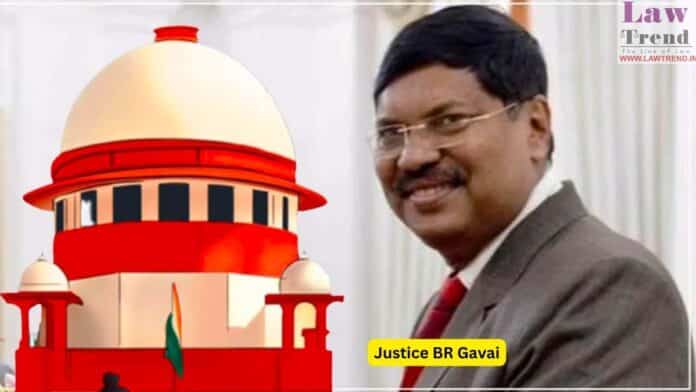In a compelling address at a Kerala High Court event on Friday, Supreme Court Justice B.R. Gavai lamented the concentration of India’s wealth in the hands of a select few, highlighting the stark economic disparities that leave many unable to afford basic meals. He stressed the urgent need for economic intervention to bridge this divide.
During his speech, Justice Gavai referred to a poignant quote from Dr. Bhimrao Ambedkar in 1949, emphasizing that “the equal right of voting in the political arena does not blind us to inequality elsewhere.” This powerful statement underscored his message that while political equality has been achieved, economic and social justice remains elusive for many.
Justice Gavai noted that despite the principle of ‘one person, one vote’ being established, true equality is still not reflected in the social and economic realms. “We have a society divided into many categories, and mobility between them is severely restricted,” he explained. This division, according to him, poses a serious threat to the foundations of democracy.
Dr. Ambedkar’s warnings were reiterated by Justice Gavai, who called for concerted efforts to eradicate these inequalities. “If we fail to act, the edifice of democracy that we have so painstakingly built will crumble,” he warned.
Furthermore, Justice Gavai discussed the increasing use of technology in courts, which he claimed has significantly alleviated the burdens of millions of Indians since 2020. He highlighted the role of AI and the translation of court decisions into various local languages, reinforcing that these advancements are meant to serve the common citizen, not just judges and lawyers.
“The system is not for judges or lawyers; it is for the common man, for every Indian standing at the end of the line,” Justice Gavai asserted, underlining the judiciary’s commitment to serve the public.
Also Read
His statements have sparked a broader conversation about the need for tangible actions to address economic and social disparities, ensuring that the judiciary continues to function as an accessible and equitable institution for all Indians.




